农业生态学硕士
Master of Science in Agroecology

学历文凭
Masters Degree

专业院系
College of Agricultural and Life Sciences

开学时间

课程时长

课程学费

国际学生入学条件
International applicants must have a degree comparable to a regionally accredited U.S. bachelor’s degree.
English Language Requirement
Minimum TOEFL requirement: 92 internet (iBT); 580 paper-based test (PBT)
Minimum IELTS requirement: 7.0
IDP—雅思考试联合主办方

雅思考试总分
7.0
- 雅思总分:7
- 托福网考总分:92
- 托福笔试总分:580
- 其他语言考试:Minimum Duolingo English Test requirement- 125
CRICOS代码:
申请截止日期: 请与IDP联系 以获取详细信息。
课程简介
Created in 2007, the Agroecology MS program at UW–Madison trains students to research and analyze agricultural systems within a broader environmental and socioeconomic context. Housed in the Department of Plant and Agroecosystem Sciences, the agroecology program achieves through working with affiliated faculty members from nearly 20 departments across campus.<br><br>A typical cohort consists of 8–12 incoming students with diverse backgrounds and undergraduate majors. Agroecology MS students work with faculty on focused projects across a wide range of the traditional departments of the academy. Our core curriculum brings together these students for a multidisciplinary, agroecological analysis of agricultural systems in a broadened context.<br><br>The agroecology program is supported by the interdisciplinary agroecology cluster, which hired three faculty members in 2002: Michael Bell in community and environmental sociology, Claudio Gratton in entomology, and Randall Jackson in agronomy. These faculty, all still active in the program, were the catalyst for what is now a group of more than 50 faculty affiliates who advise agroecology students and participate in program governance.
相关申请
 预科
预科 奖学金
奖学金 实习机会
实习机会 在校学习
在校学习 跨境学习
跨境学习 校园授课-线上开始
校园授课-线上开始 在线/远程学习
在线/远程学习
开学时间&学费
学费信息仅供参考,请与IDP联系以获取详细信息
| 开学时间 | 时长 | 学费 | 地点 |
|---|
学校排名

世界排名43
数据源:
泰晤士高等教育世界大学排名
本校相关课程

Bachelor of Social Work
学历文凭
Bachelor Degree
开学日期
课程费用总额


Bachelor of Arts in Zoology
学历文凭
Bachelor Degree
开学日期
课程费用总额

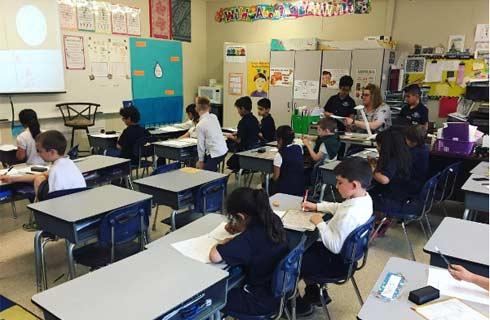
Bachelor of Science in Theatre and Drama
学历文凭
Bachelor Degree
开学日期
课程费用总额


Bachelor of Arts in Social Welfare
学历文凭
Bachelor Degree
开学日期
课程费用总额

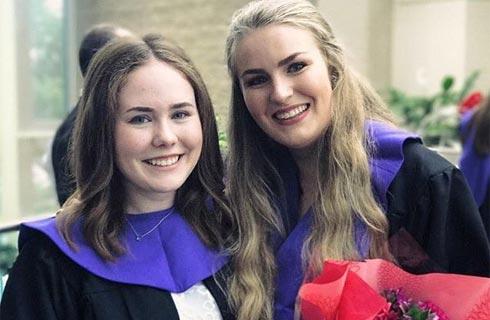
Bachelor of Arts in Scandinavian Studies
学历文凭
Bachelor Degree
开学日期
课程费用总额

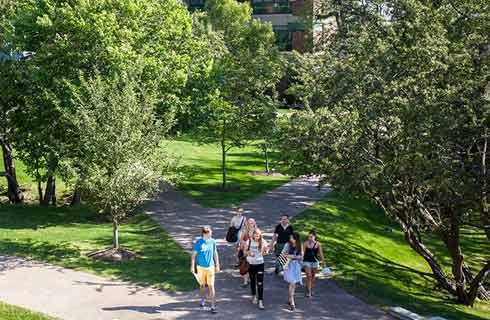
Bachelor of Science in Physics
学历文凭
Bachelor Degree
开学日期
课程费用总额

其他相关课程

挤奶师证书
 菲莎河谷大学
菲莎河谷大学学历文凭
Bachelor Degree
开学日期
课程费用总额


Berry Production Essentials证书
 菲莎河谷大学
菲莎河谷大学学历文凭
Bachelor Degree
开学日期
课程费用总额


野菜生产要点证书
 菲莎河谷大学
菲莎河谷大学学历文凭
Bachelor Degree
开学日期
课程费用总额


农业和粮食系统科学学士-农业技术与生产管理
 华盛顿州立大学
华盛顿州立大学泰晤士高等教育世界大学排名:501
学历文凭
Bachelor Degree
开学日期
课程费用总额

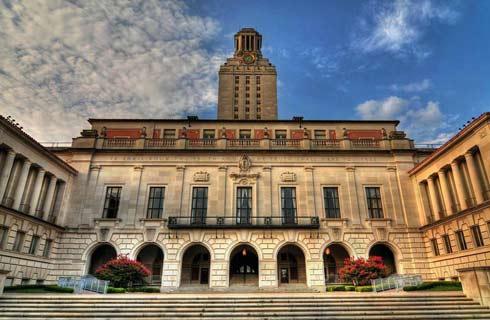
Graduate Certificate in Biobased Products and Bioenergy
 堪萨斯州立大学
堪萨斯州立大学泰晤士高等教育世界大学排名:668
学历文凭
Graduate Certificate
开学日期
课程费用总额

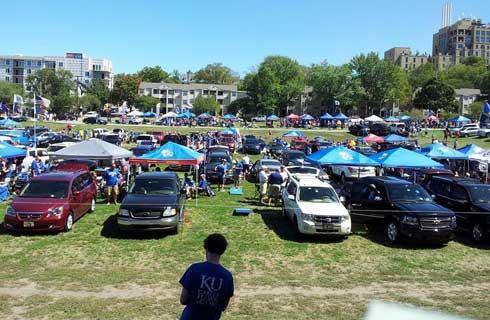
Doctor of Philosophy in Agronomy
 威斯康星大学麦迪逊分校
威斯康星大学麦迪逊分校学历文凭
Ph.D.
开学日期
课程费用总额











